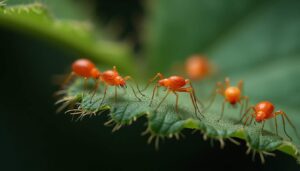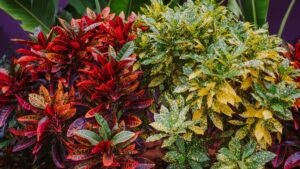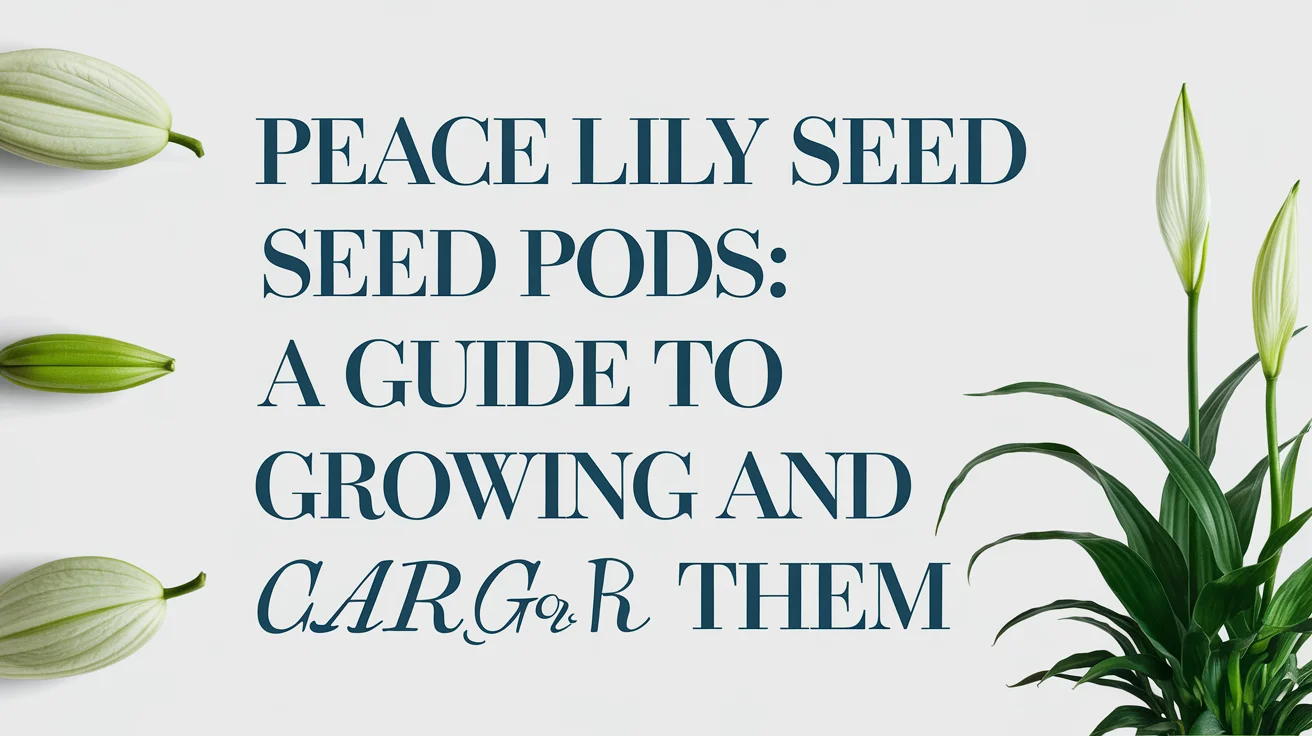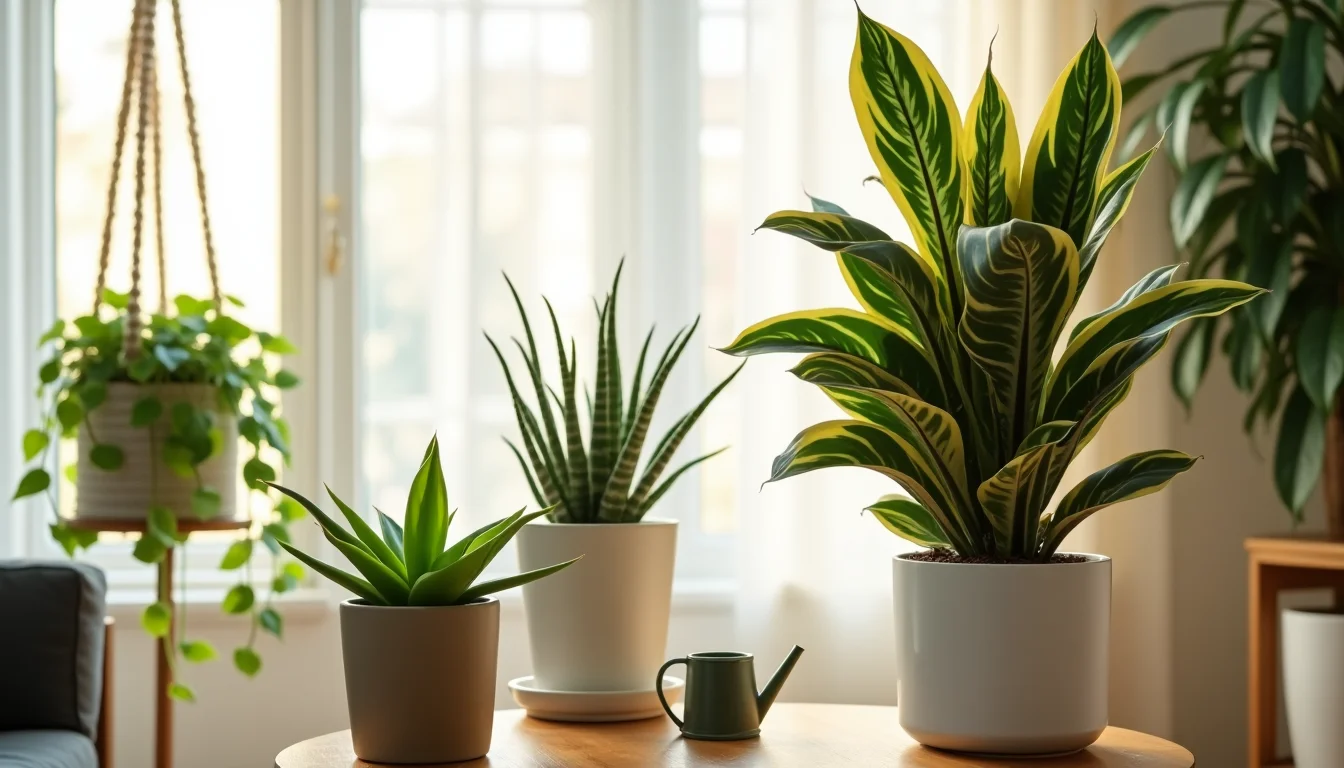Scale bugs on plants are one of the most frustrating problems for gardeners and plant enthusiasts. These tiny, sap-sucking insects attach themselves to leaves, stems, and branches, slowly draining the plant’s vitality. As a result, they weaken growth, cause leaf discoloration, and in severe cases, even kill plants.
Understanding how to identify, manage, and prevent scale infestations is essential for maintaining healthy houseplants, garden shrubs, and trees. In this article, we will explore everything you need to know about scale bugs on plants, including effective remedies and long-term solutions.
What Are Scale Bugs?
Scale bugs are small, immobile insects that latch onto plant surfaces. Unlike other pests such as aphids or spider mites, scale insects often appear as tiny bumps or spots. Because of their hard outer shells, they can be difficult to recognize at first glance.
Types of Scale Bugs
There are two primary categories of scale insects:
-
Soft scale: These bugs produce honeydew, a sticky substance that attracts ants and encourages sooty mold.
-
Armored scale: Unlike soft scale, they have a hard covering that does not produce honeydew, making them more resilient.
How to Identify Scale Bugs on Plants

Early identification is crucial to controlling infestations. You can usually detect scale insects by carefully inspecting the leaves and stems.
Common Signs of Scale Infestation
-
Small, brown, tan, or white bumps on leaves and stems.
-
Yellowing or curling leaves.
-
Sticky residue (honeydew) on leaves or surfaces below the plant.
-
Ants crawling on the plant, attracted by honeydew.
If you notice any of these symptoms, it’s a clear sign that your plant is under attack by scale bugs.
Why Are Scale Bugs Harmful?
Scale bugs suck plant sap, depriving the plant of essential nutrients. Over time, this weakens the plant’s immune system, making it vulnerable to other pests and diseases.
Damage Caused by Scale Bugs
-
Reduced plant growth.
-
Leaf drop and premature wilting.
-
Fungal growth due to honeydew secretion.
-
Severe infestations may result in plant death.
Because of these harmful effects, addressing scale bugs promptly is essential.
Natural Ways to Remove Scale Bugs on Plants

Many gardeners prefer natural remedies before turning to chemical treatments. Fortunately, several eco-friendly solutions can effectively manage infestations.
1. Manual Removal
For light infestations, you can scrape off scale insects with your fingernail, a toothbrush, or a cotton swab dipped in alcohol.
2. Neem Oil Spray
Neem oil is a natural insecticide that suffocates scale bugs and prevents further infestations. Apply it regularly for best results.
3. Rubbing Alcohol
A cotton ball soaked in rubbing alcohol can kill scale bugs on contact. However, test a small area first to avoid plant damage.
4. Insecticidal Soap
Insecticidal soap sprays are safe for most houseplants and outdoor plants. They work by breaking down the protective coating of scale insects.
Chemical Solutions for Scale Bugs on Plants
If natural methods fail or infestations are severe, chemical treatments may be necessary. For example, gardeners who already care for decorative greenery such as hanging plants should be extra cautious, since these plants can also become targets of scale bugs if not monitored properly.
Recommended Chemical Options
-
Systemic insecticides: These are absorbed by the plant, killing insects that feed on the sap.
-
Horticultural oils: Effective against both soft and armored scale.
-
Contact insecticides: Best used in combination with other methods.
Always follow label instructions to avoid harming beneficial insects or damaging your plants.
Preventing Scale Bugs on Plants
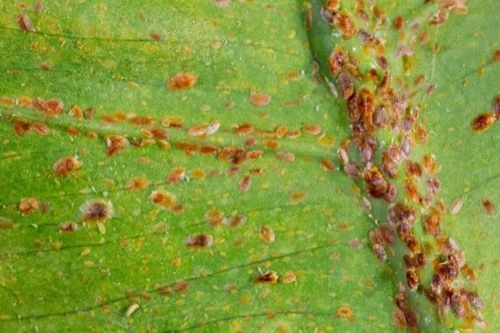
Prevention is always better than cure. With a few simple practices, you can protect your plants from future infestations.
Key Prevention Tips
-
Inspect new plants before bringing them indoors.
-
Regularly clean and dust plant leaves.
-
Keep plants healthy with proper watering and fertilization.
-
Use beneficial insects like ladybugs or parasitic wasps to control scale populations naturally.
Indoor Plants vs. Outdoor Plants: Which Are More Vulnerable?
Scale bugs can attack both indoor and outdoor plants, but the conditions differ.
-
Indoor plants often suffer more because they lack natural predators.
-
Outdoor plants may experience larger infestations but benefit from biological control.
By understanding these differences, you can adapt your prevention and treatment strategy accordingly.
For more detailed pest management strategies, you can explore the University of California Integrated Pest Management guidelines.
Frequently Asked Questions (FAQs)
1. Are scale bugs harmful to humans?
No, scale bugs do not harm humans. However, they can seriously damage plants if left untreated.
2. Can scale bugs spread to other plants?
Yes, scale bugs can easily spread to nearby plants, especially in indoor environments.
3. What plants are most affected by scale bugs?
Common victims include citrus trees, orchids, ferns, ivy, and succulents.
4. How long does it take to get rid of scale bugs?
Mild infestations can be controlled in a few weeks, while severe infestations may take several months of consistent treatment.
5. Do scale bugs die in winter?
Some scale species survive winter in protective shells, while others may die off in colder temperatures.
Conclusion
Scale bugs on plants may be small, but their impact can be devastating if left unchecked. However, with early detection, natural remedies, and proper preventive care, you can keep your plants thriving.
Whether you choose manual removal, neem oil, or systemic insecticides, consistency is key to success. Moreover, by maintaining plant health and cleanliness, you can significantly reduce the risk of future infestations.
Ultimately, understanding how to manage scale bugs on plants not only ensures healthier greenery but also creates a more rewarding gardening experience. Therefore, adopting the right strategies today will protect your plants and guarantee long-term growth. For gardeners who want to strengthen their plant care knowledge further, exploring desert plants growing tips can also provide valuable insights into resilience and maintenance.


